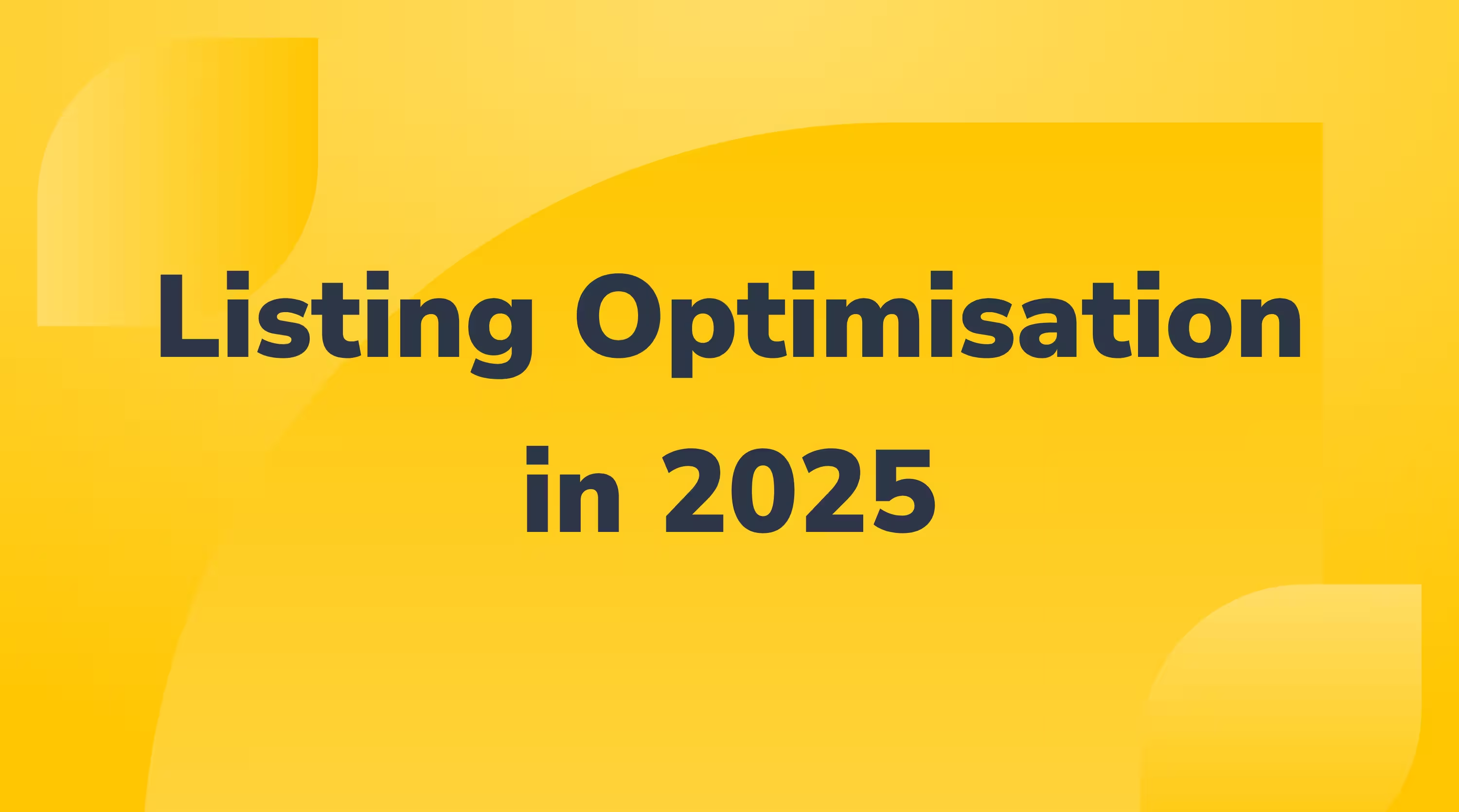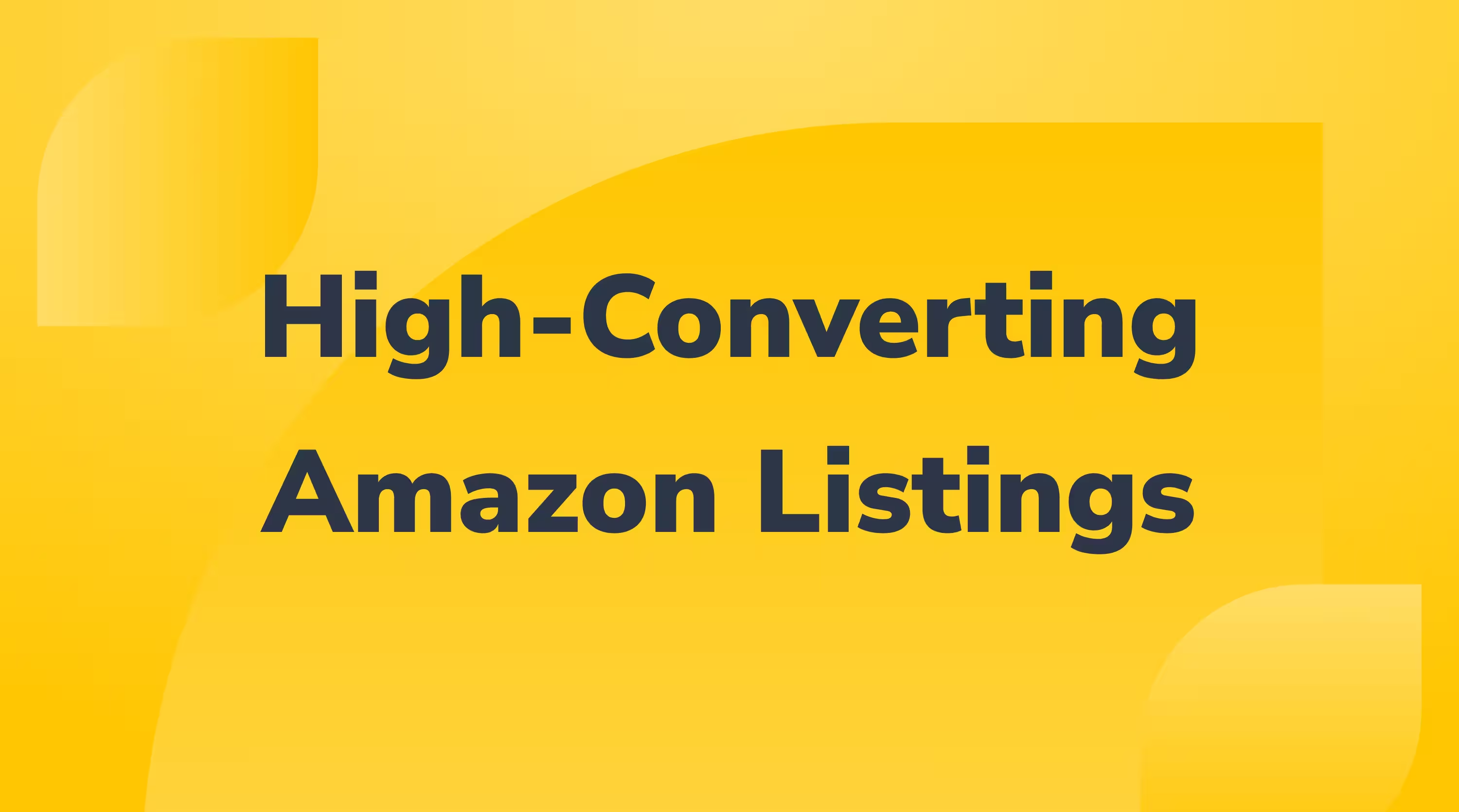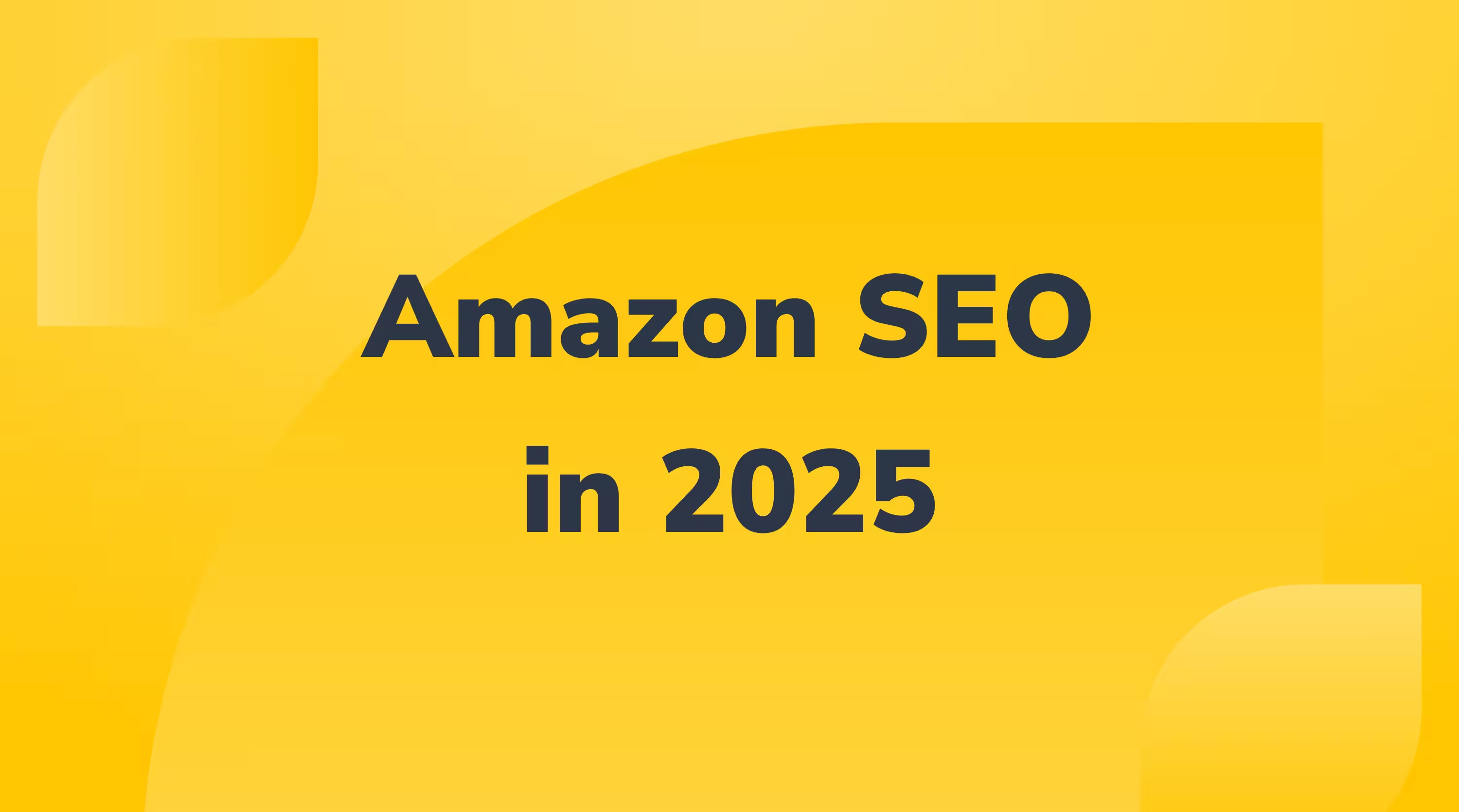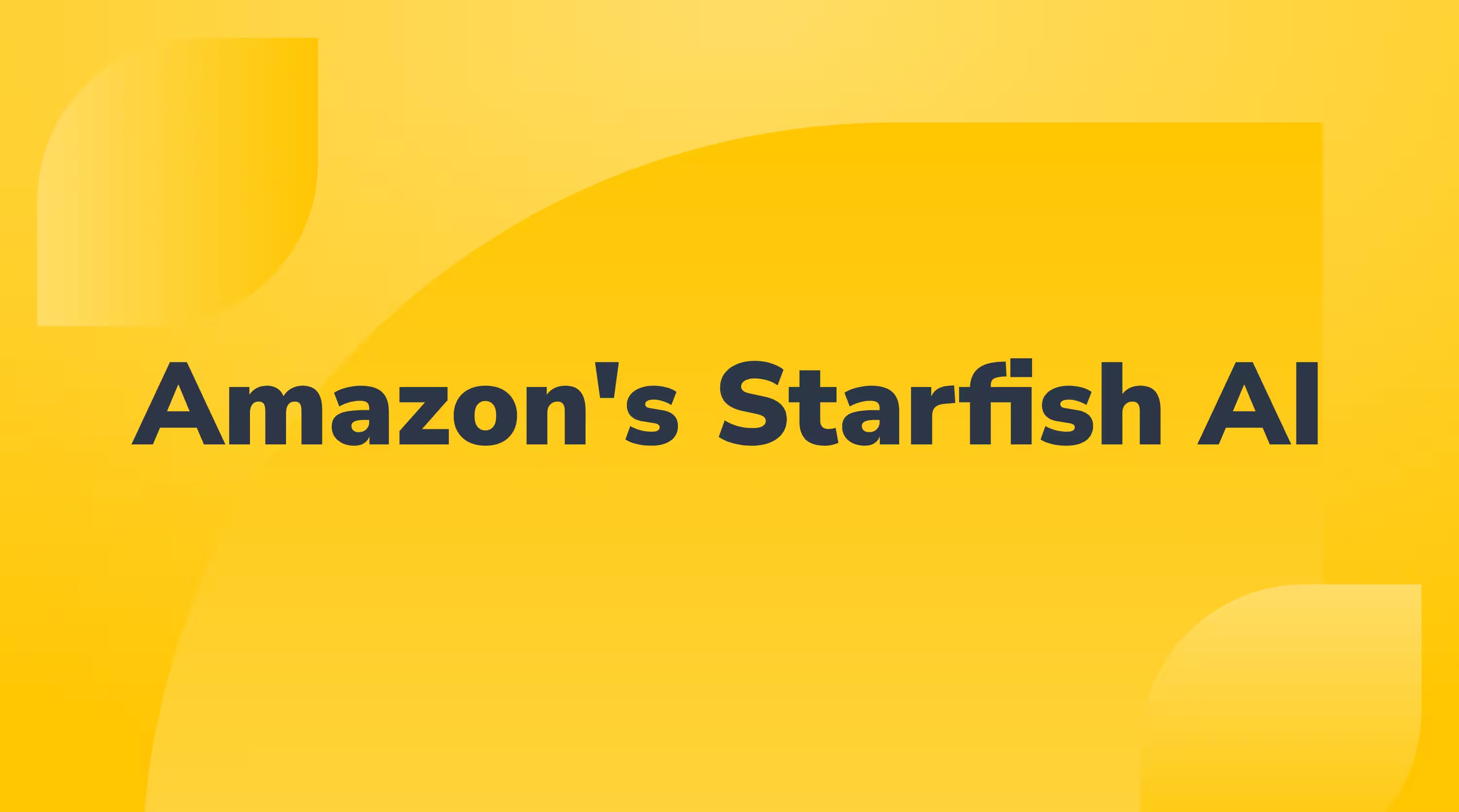The Ultimate Guide to Pan-European EPR Compliance on Amazon
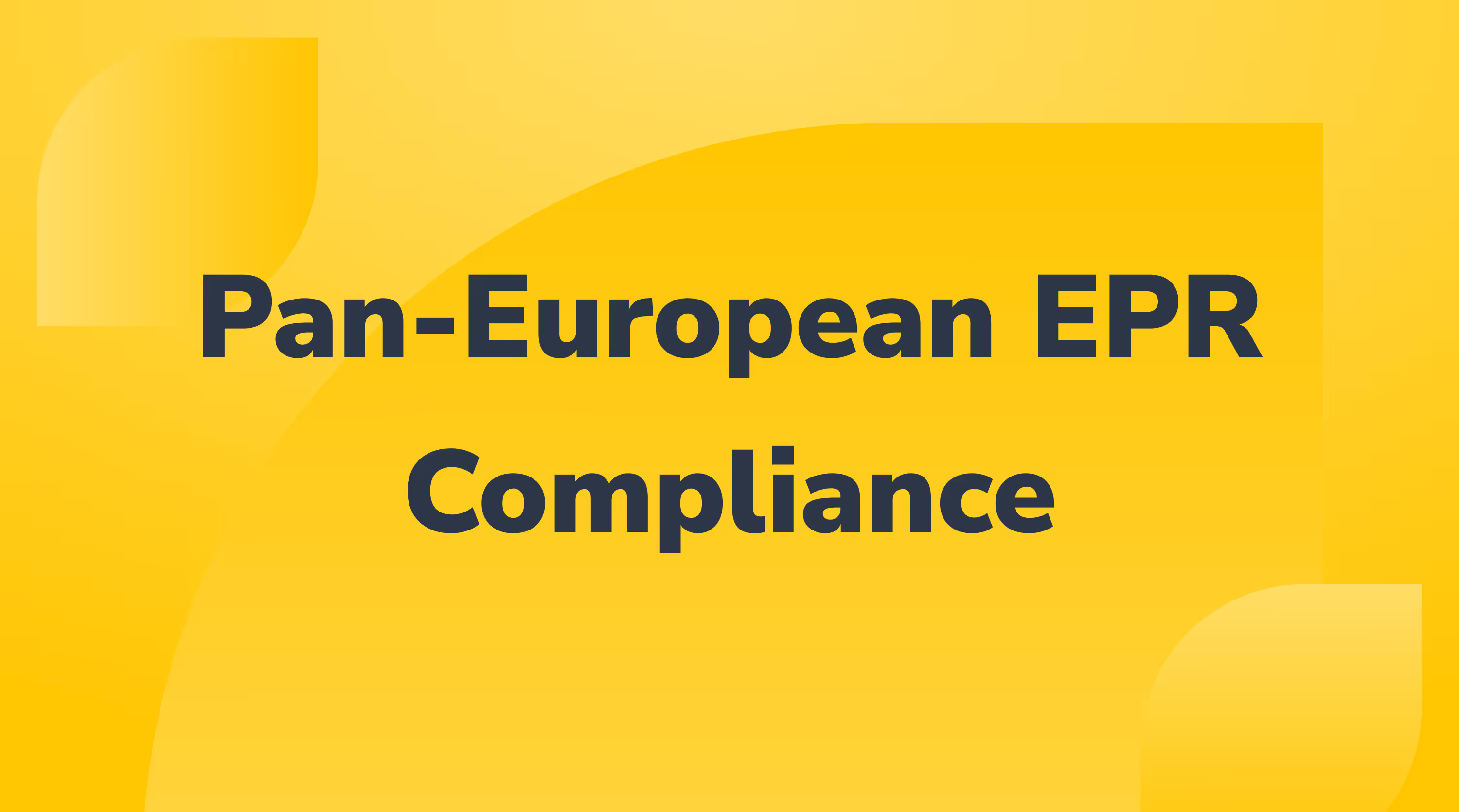
Selling your products across Amazon's European marketplaces is a massive opportunity, giving you access to hundreds of millions of customers. However, this access comes with a legal obligation that many sellers overlook until their listings are at risk: Extended Producer Responsibility (EPR).
EPR is based on the "polluter pays" principle. As the business placing products and packaging onto the market, you are legally required to finance their collection and recycling. These rules are implemented on a country-by-country basis, meaning you must register and pay fees in every single country where you sell. Amazon is now legally required to enforce this.
This guide will provide a clear overview of your EPR obligations in key EU markets and how to manage your compliance across the continent.
1. What is EPR and Who Needs to Comply?
EPR is a policy approach that makes you, the "producer," financially responsible for the entire life-cycle of your products and packaging. For Amazon sellers, you are considered the producer and must comply if you sell products in any of the following categories:
- Packaging (Primary and Secondary): This applies to every single seller of physical goods. It covers your product's box or wrapper, as well as the shipping materials (boxes, filler) that Amazon uses on your behalf.
- WEEE (Waste Electrical and Electronic Equipment): Applies if you sell any electronic items.
- Batteries: Applies if your product is a battery or contains one.
- Other Categories: Some countries have additional categories, such as textiles or furniture in France.
2. The Two Pillars of EPR Compliance
While the specific names and portals change, the compliance process in most EU countries involves two core steps:
- Register with a Government Authority: You must register your business with a national authority to get a unique EPR registration number. This proves you are known to the system.
- Contract with a PRO: You must sign a licensing contract with a Producer Responsibility Organisation (PRO), also known as a compliance scheme. You report your sales volumes (e.g., kilograms of cardboard, plastic, number of batteries) to the PRO, and they invoice you for the recycling fees. They use this money to fund the national recycling infrastructure.
3. A Country-by-Country Snapshot
The biggest challenge of Pan-European EPR is that every country has its own system.
Germany: The strictest enforcement.
- Law: Verpackungsgesetz (VerpackG).
- Requirement: Mandatory from your very first sale.
- Government Register: LUCID portal. You must register here first to get your LUCID number.
- PROs (called "Dual Systems"): Der Grüne Punkt, Reclay, Lizenzero.
France: The most complex requirements.
- Law: Loi AGEC.
- Requirement: Mandatory.
- Government Register: SYDEREP (you are registered here via your PRO).
- PROs: Citeo (for packaging), ecosystem (for WEEE).
- Unique Rule: You are legally required to print the Triman logo and sorting instructions (Info-tri) on your product packaging.
Spain, Poland, and others.
- Spain: Requires registration with the government and joining a PRO like Ecoembes.
- Poland: Requires registration in the BDO database and a contract with a recovery organisation.
- Essentially, every EU country you sell in will have a similar two-step system that you must comply with.
4. Amazon's Role as Enforcer
Amazon is no longer just a marketplace; they are a legal gatekeeper for EPR.
- The EPR Compliance Portal: Amazon requires you to submit your valid EPR registration numbers for each country and category in the EPR Compliance Portal in Seller Central.
- The Consequences of Non-Compliance: If you fail to provide a valid registration number for a specific country (e.g., a LUCID number for Germany), Amazon is legally obligated to suspend all of your listings in that country. In some cases, Amazon may pay the fees on your behalf and then deduct these (often at a higher, non-negotiated rate) from your seller account balance.
Managing multiple EPR registrations, PRO contracts, and reporting deadlines across Europe is a significant and time-consuming administrative burden. Sitruna offers a centralized Pan-European EPR service, handling your registrations and reporting in Germany, France, Spain, and beyond, so you can focus on growing your business.
Useful Resources
- Amazon Seller Central: EPR Compliance Portal
- Germany: LUCID Packaging Register
- France: ADEME (The agency overseeing SYDEREP)
- Spain: Ecoembes
Conclusion: A Non-Negotiable Cost of Business
Pan-European EPR compliance is no longer optional. It is a fundamental, non-negotiable cost of doing business in Europe. A proactive, country-by-country approach to registration is essential for maintaining access to Amazon's vast European market and building a sustainable, compliant international brand.
Don't let EPR bureaucracy derail your European expansion. Schedule a free discovery call with the Sitruna team at www.sitruna.com/meet to simplify your Pan-European compliance strategy.
